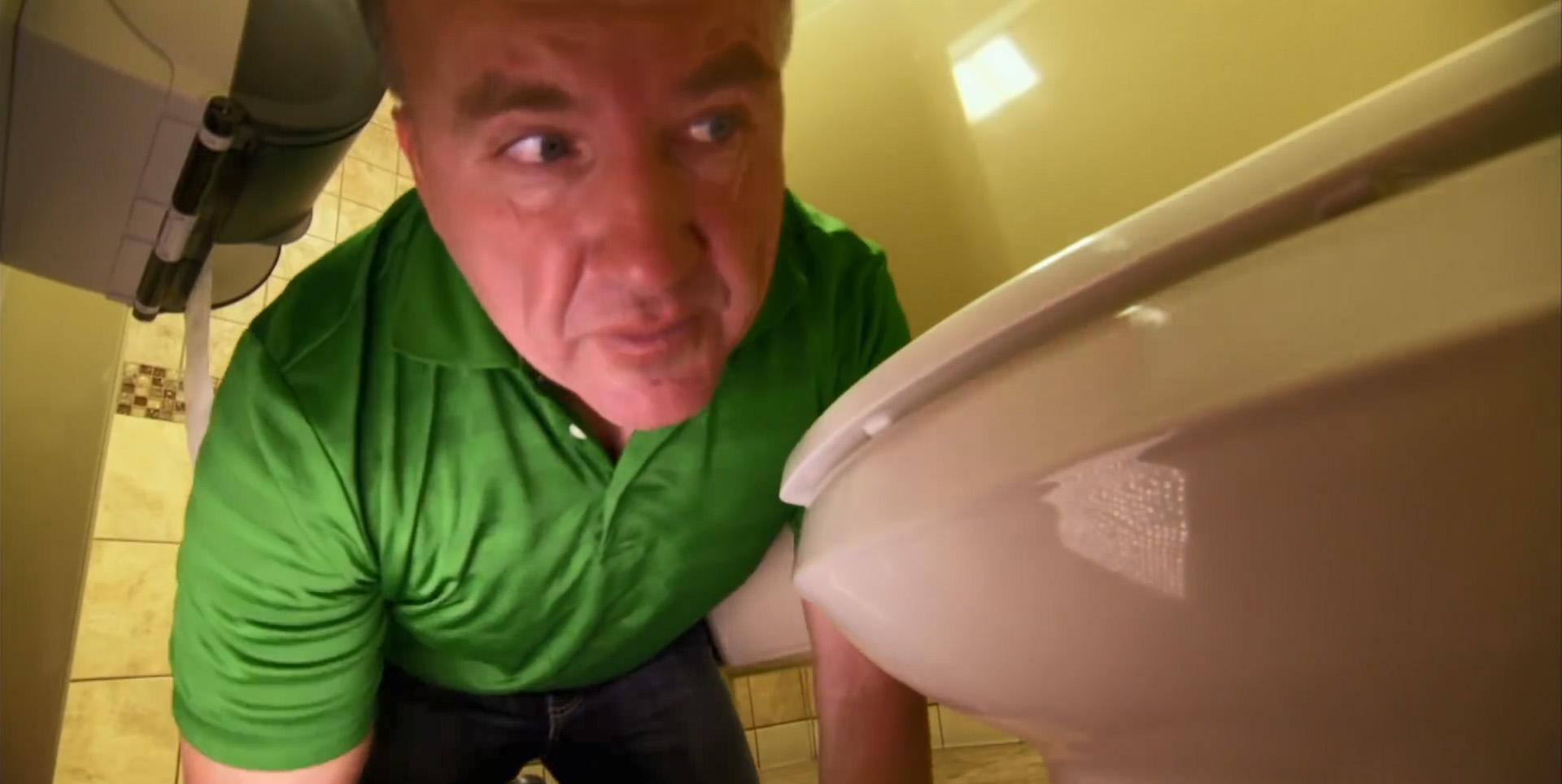
Looking for coins thrown away by others in the toilet
Mark, the most extreme miser in Las Vegas, spends his free time every day looking around for coins that others have thrown away, and he says that people throw away millions of dollars every year, and their losses are my gains. His friends said that Mark was an interesting man, a really good man, but apparently he was also an extreme stingy, an extremely miserly man.
Mark would save money anywhere, all the shoes were the second-hand shoes that someone else had left behind in the shoe repair shop, and if the shoes were worn, he would paint them with a marker so that he didn't have to buy a new pair. His supermarket budget is no more than $60 a month, buying things never takes into account production dates, and spending no more than $1 on any single item.
His frugal habits didn't stop there. Doing laundry in the apartment and throwing one or two pieces of clothing with others into the washing machine at a time, so he washes his clothes without spending a penny. Of course not everyone would agree, and he was often rejected, but Mark would ask one by one until anyone agreed. After washing his clothes, he would rub another dryer. Mark says it's not a lack of money, it's about knowing how to expand your money, knowing how to save money, and getting your money worth it.
Mark loves to gamble, but even at casinos, he has a way of making sure he doesn't use his own money. He only uses the money he finds that others have lost, and doesn't spend more than $5, he only plays slot machines because if he wins he can win $10,000. But if you lose, you'll only lose $5 at most, not all of it. Mark says that when I gamble, I know when to stop, and most people think they're going to keep going, doubling, doubling, doubling down, but I know when they have to walk away.
Mark has volunteered to participate in more than a hundred medical clinical trials over the past six years, and the greater the risk, the more reward he gets. He gets these trousers when he does clinical trials, and he takes them home every time for everyday wear. Not only is this free, but it also eliminates the cost of doing laundry. Mark, whose favorite was brought back from clinical trials for Ebola, said, "Everybody was panicked, they had never been tested on humans or animals before, and my friend and I were the first two and cost $5,000 a week." He's still waiting for two experiments he hasn't yet participated in, one is to stop the heart for 1 minute but still breathe, and the reward is $25,000 for two weeks.
He was very excited about the second trial, a study of testicles that would involve donating a testicle and replacing it with an artificial testicle, which would cost him $35,000 in two weeks. Mark has participated in a lot of clinical trials so that he can get free check-ups every month to see if he's a good fit to participate in those trials. As a subject of a clinical trial, the body must be very healthy. Before the testicular test, the doctor would do a series of full body examinations on Mark. Mark is very healthy, but unfortunately his testosterone levels are too low, the secretion of testosterone is being converted into estrogen, and if one testicle is removed, it will make testosterone less, so his chest will be bigger and bigger. Mark's test results were far below the acceptable range of clinical trials, and he couldn't participate in testicular studies, so he ended up receiving only $35. Mark was very disappointed, but there was also a clinical trial — a trial to test testosterone substitutes. The money is not as much as the testicular study, but $500 a month is enough for Mark's rent and car fare.